Prep
Week 8, Term 3

Prep
Week 8, Term 3
INFORMATION
🎭 Matilda Jr.
A huge thank you to our wonderful Prep students and families for your amazing effort during Matilda Jr. The children looked absolutely fantastic in their costumes and showed incredible courage and bravery as they stepped onto the stage. We were blown away by how confidently they performed and how beautifully they shone in front of such a big audience. Thank you to all families for your support in helping your children prepare and be part of such a special event - we are immensely proud of each and every one of them!
🎨 Specialist timetable
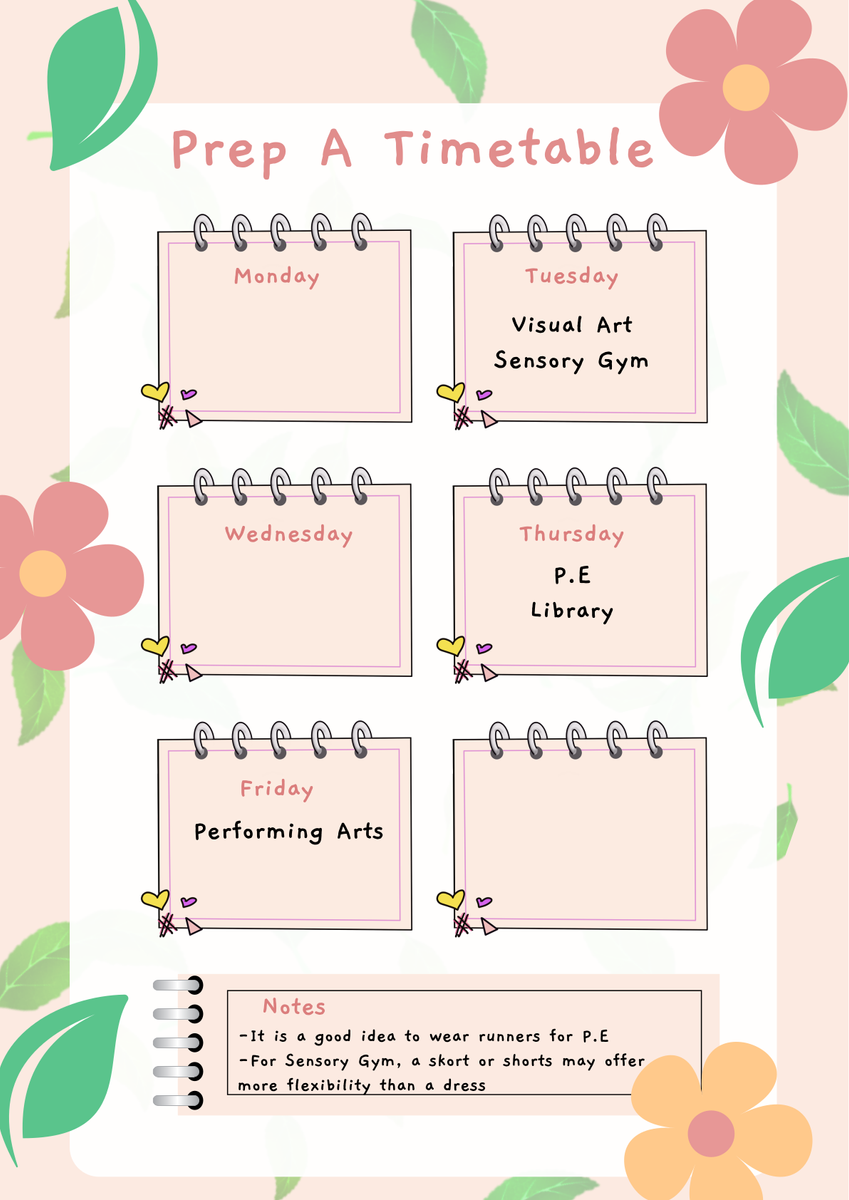
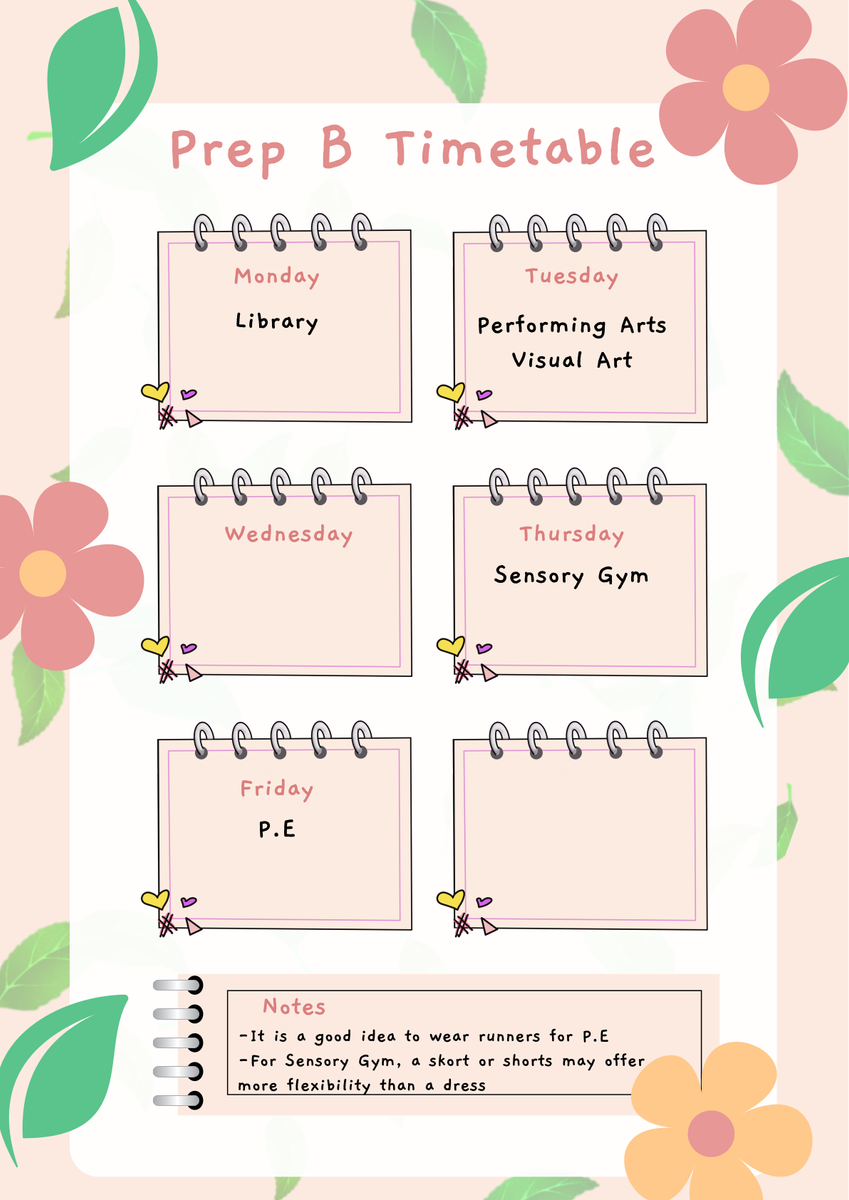
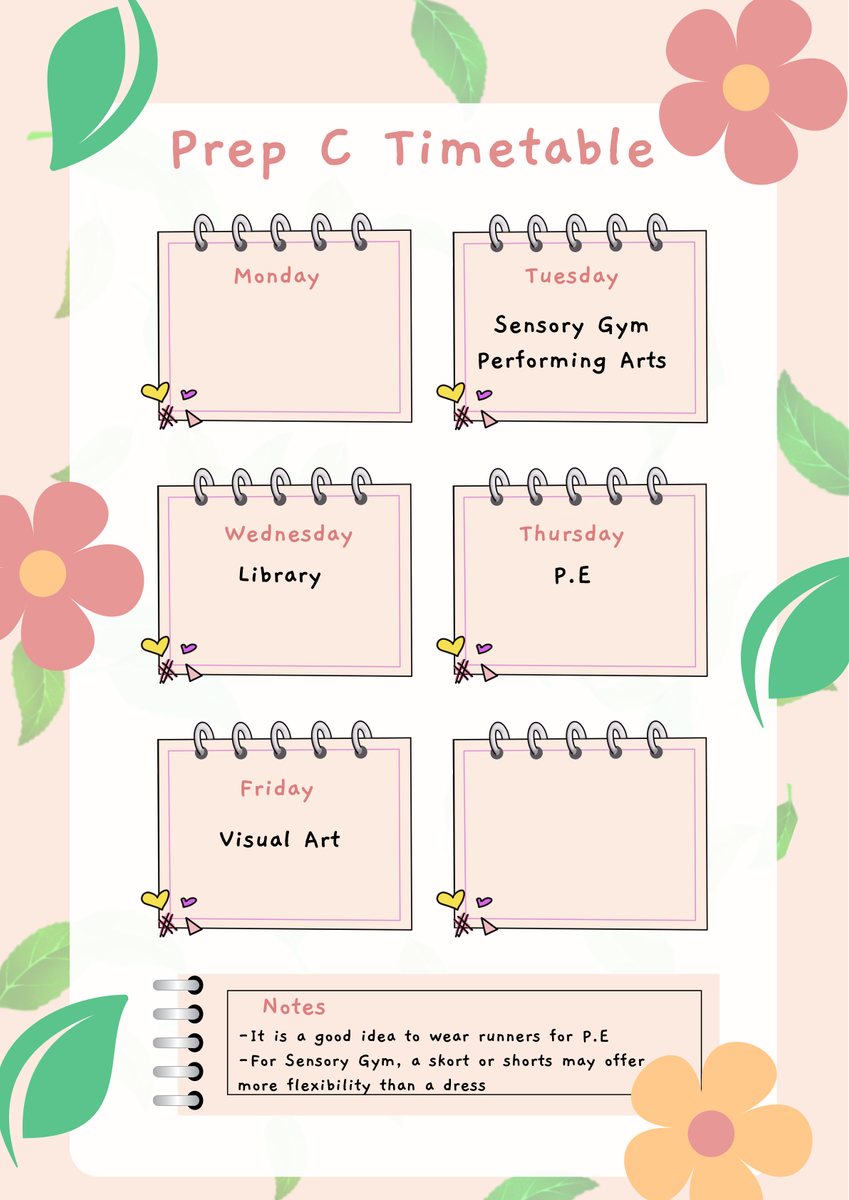



CURRICULUM
📚 Phonemic awareness: reading and phonics
This week we are learning new digraphs: PH, which makes the /f/ sound as in photo, WH, which makes the /w/ sound in whale and NG, as in the ending sound of song. Our focus will include:
We’ll also learn the Heart Words: could, would, should, or and for, as well as reviewing previously learned heart words
*Please send your child's red Heart Words book to school in their reading pocket, so that we can add the new set of words.
What can you do at home?
• Help your child read the take-home book, decodable passages and Heart Words from their book pocket. Aim for fluency by the second day of reading.
As your child reads, encourage them to recognise familiar words instantly and only sound out unfamiliar ones.
• Enjoy bedtime stories together to build vocabulary, comprehension and a love of reading.
• If you're interested in learning more about Cued Articulation, you can watch this helpful video by Jane Passey (the founder), where she explains and demonstrates each sound:
https://youtu.be/gyGX3RcLG74?si=h0n6hahCfpIda4Gr
• Work through the optional UFLI home pages if you’d like some extra phonics practise at home.
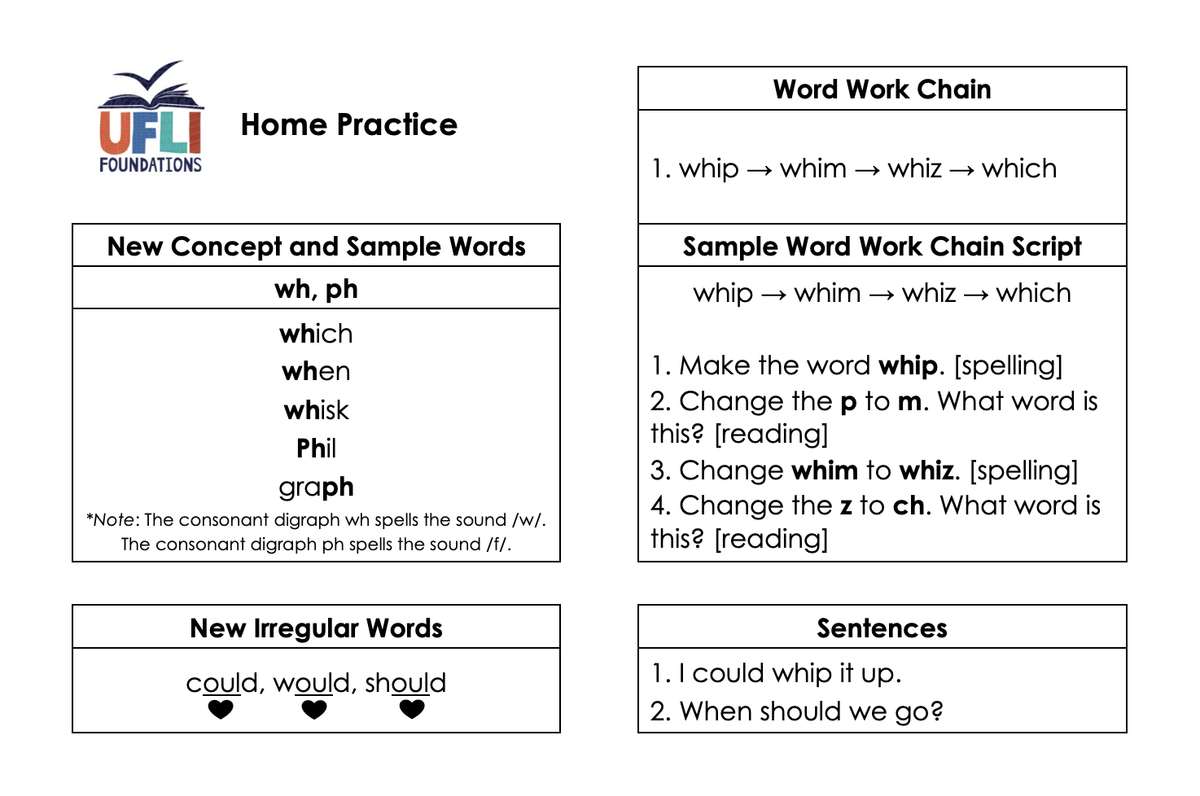
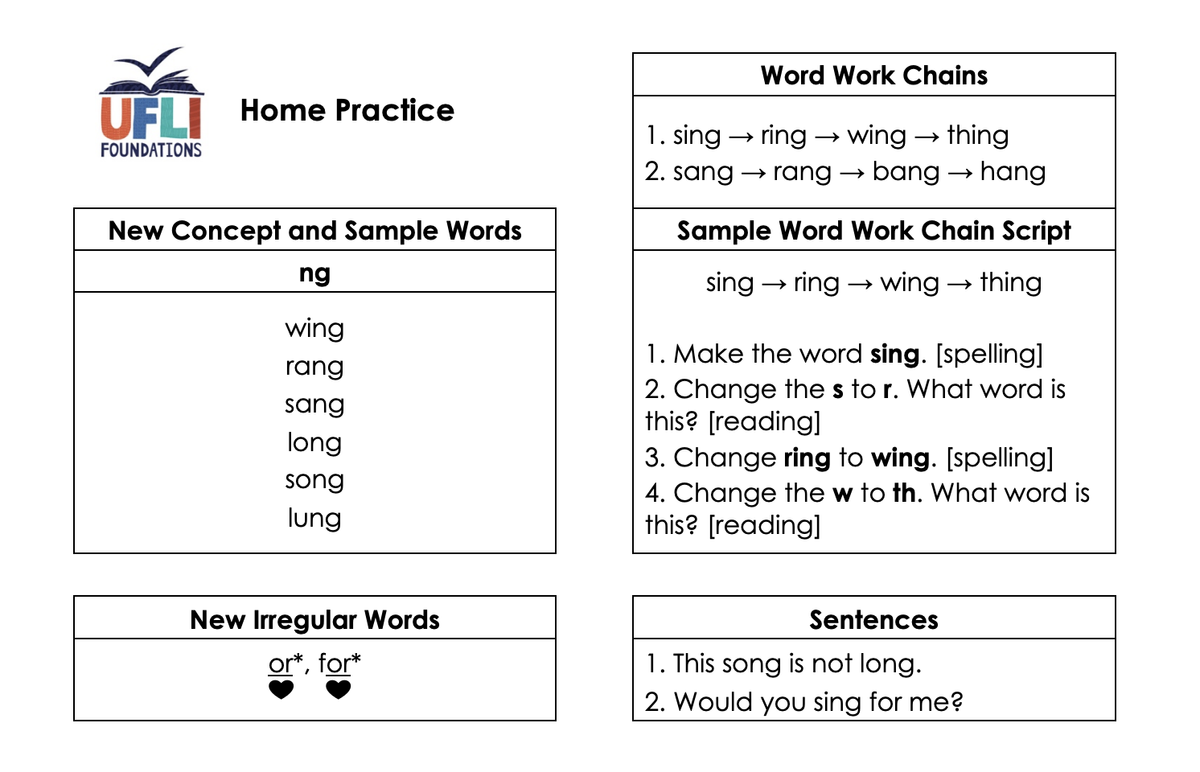


📝 Literature: reading responses and writing
We will continue working with our Mentor Text, Giraffes Can’t Dance by Giles Andreae. Students will create a story map using the words first, next, then, and last to retell the story. They will also explore the difference between facts and opinions, reflect on the emotions felt by the main character and continue building their knowledge of nouns, verbs and adjectives.
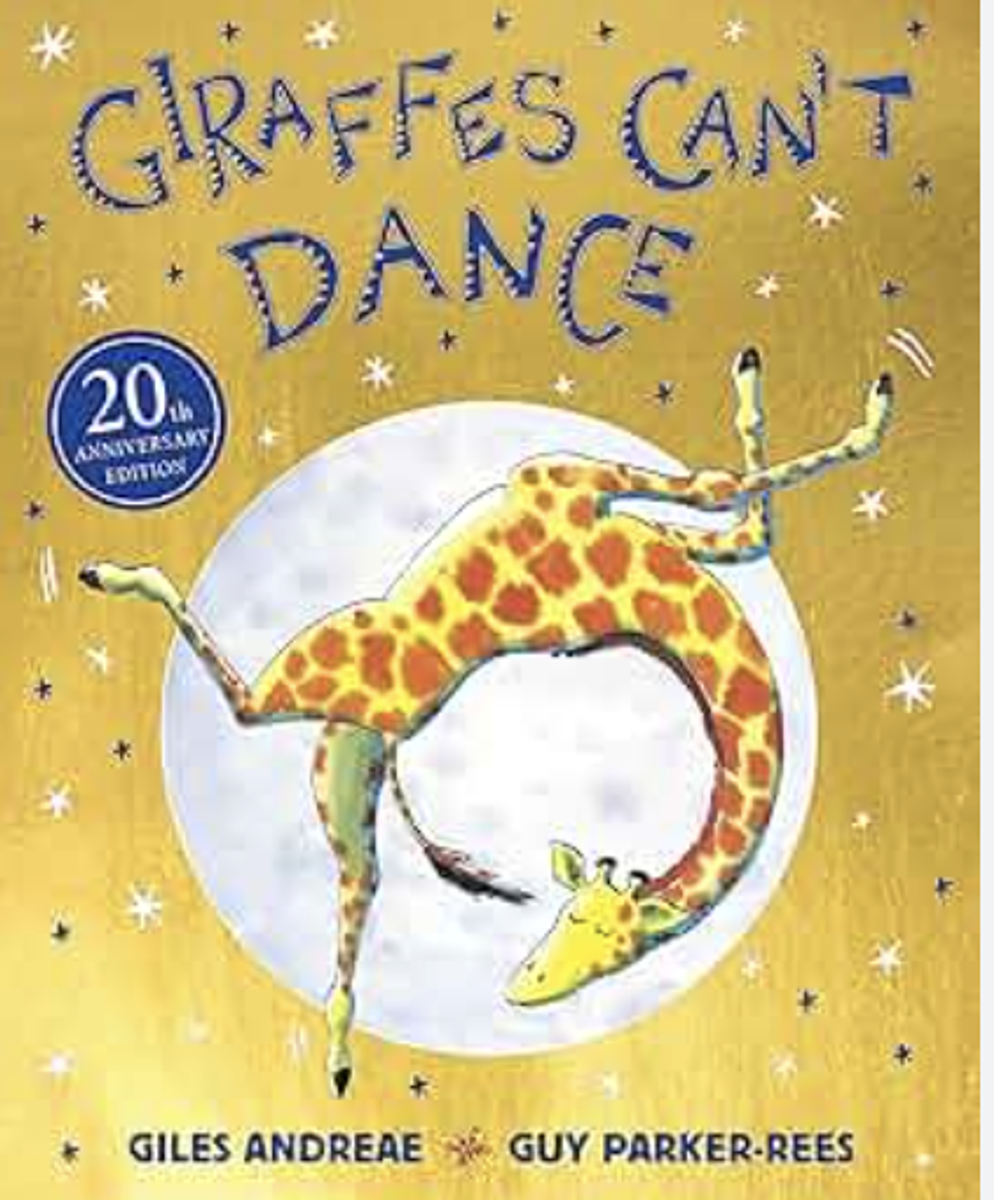

In Writing, students will be working during our Mentor Text sessions to practise retelling the story. They will use their knowledge of nouns and verbs to create sentences and add an adjective for extra detail when they can. Students will also be introduced to sky, grass, dirt books to practise their handwriting, beginning with ‘Boss C’ and its related letters. To finish the week, they will reflect on their time on stage in Matilda Jr. and write about their experience.
What can you do at home?
• Practise 'boss letters' – Encourage your child to write the 'boss letter' (like c) and then practise its 'cousins' (a, d, g, o, q) on paper, whiteboards or even in sand. See the posters below.
• Build in authentic writing experiences like writing a shopping list, birthday cards, wish lists or notes for family members.
• Say it, then write it – Ask your child to say their sentence out loud first, then write it down.
• Check for capitals and full stops – Remind your child to start with a capital letter and finish with a full stop.
• Practise writing the Heart Words, taking care to notice the tricky 'heart' parts in the word.
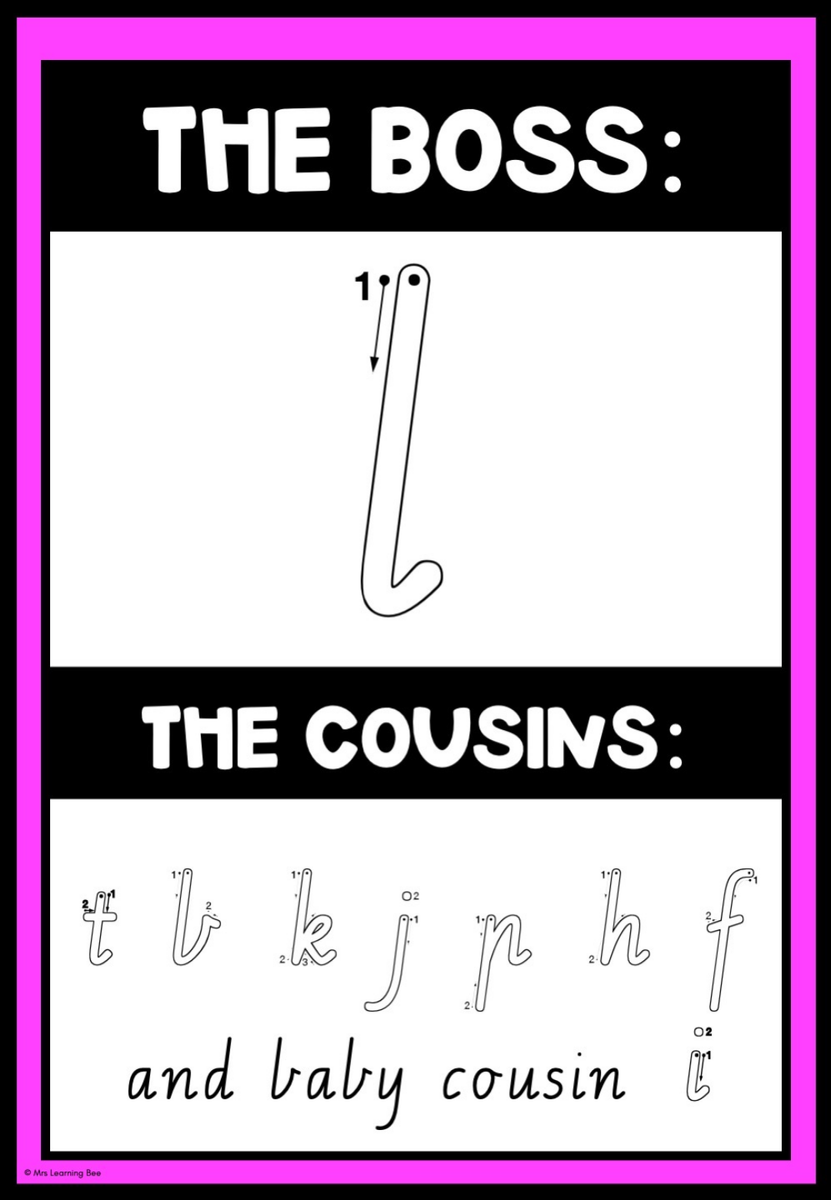
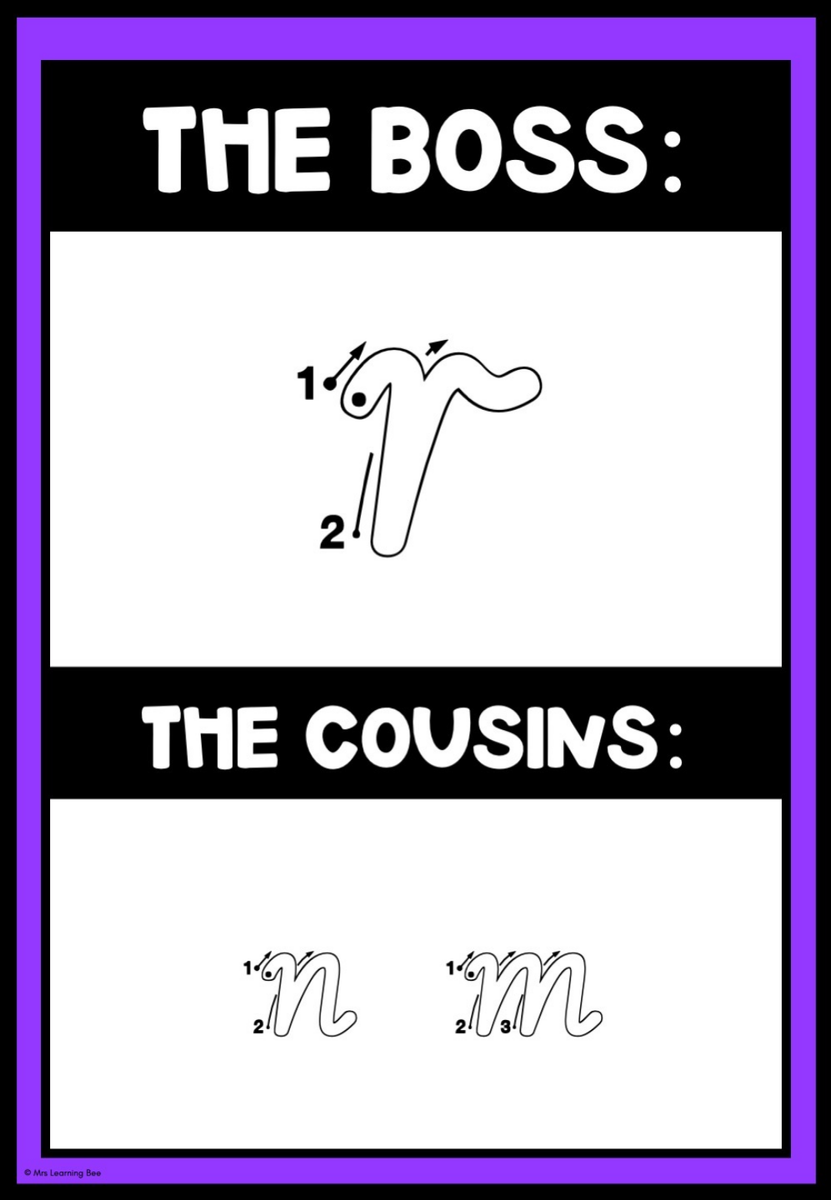
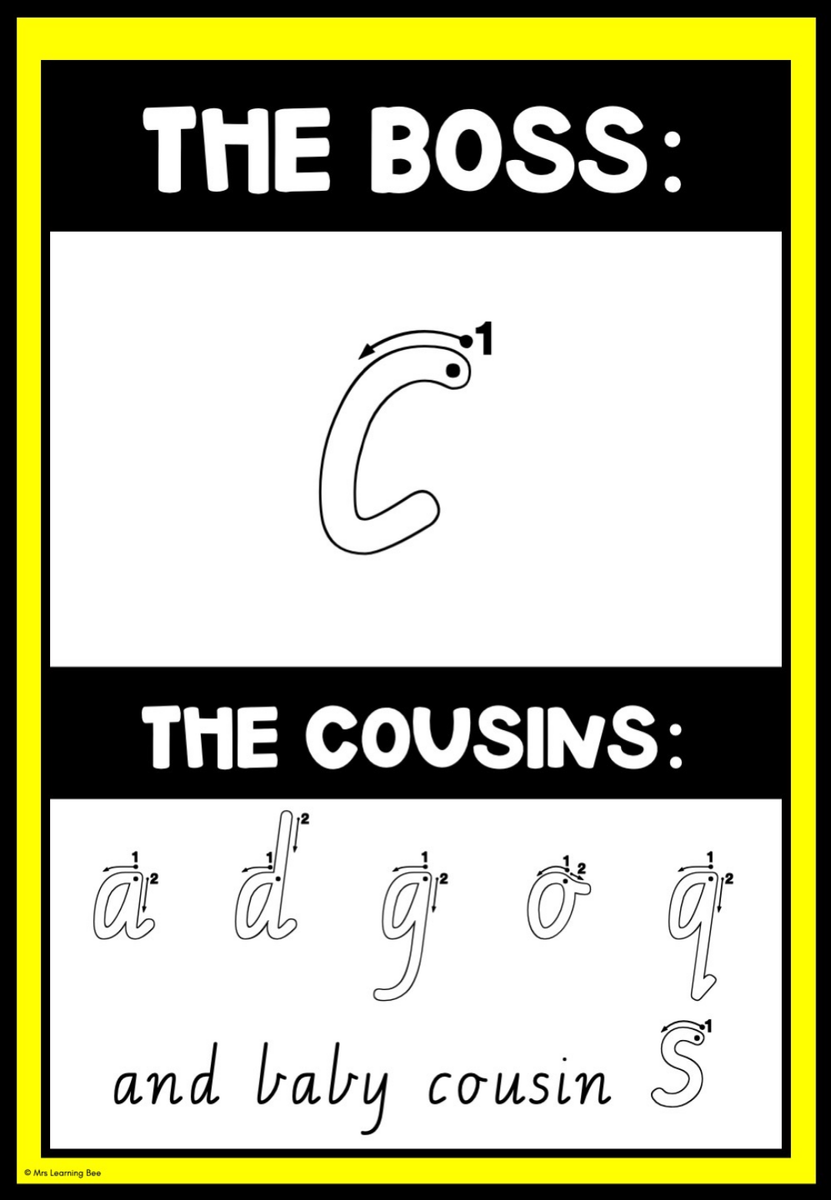
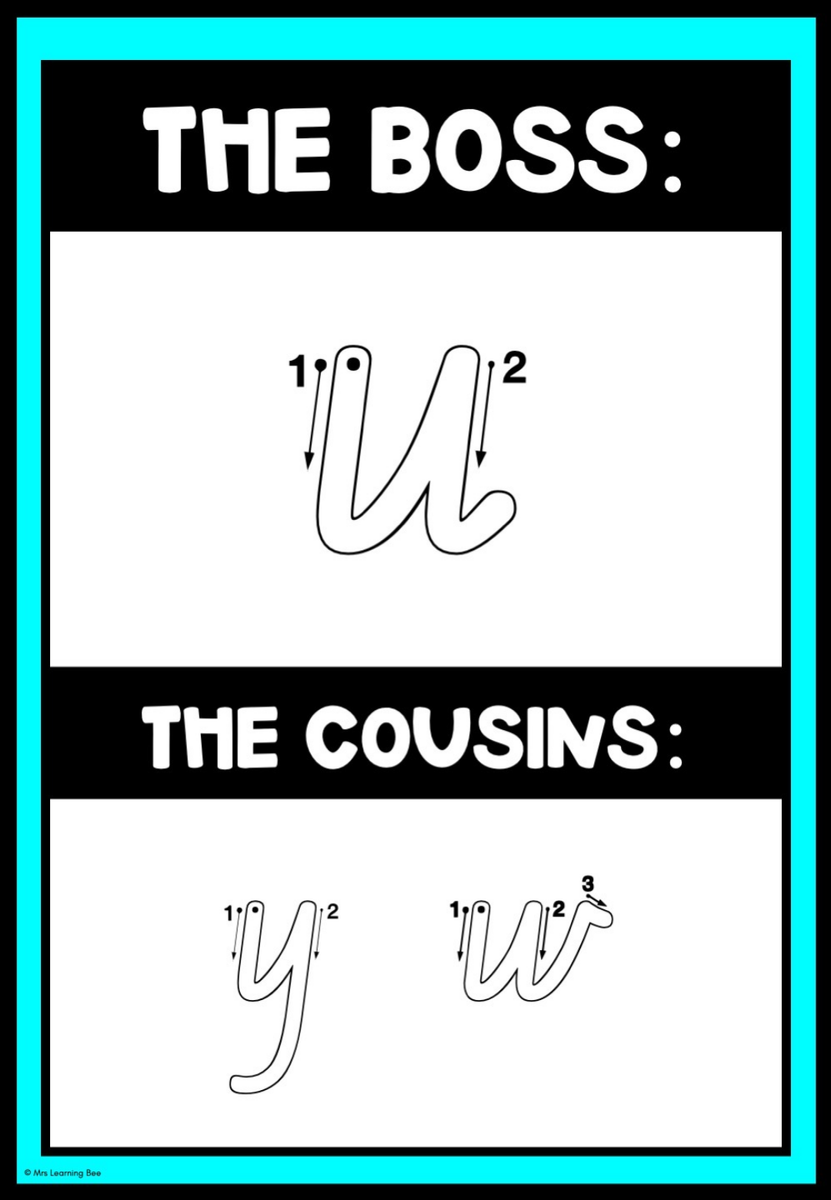
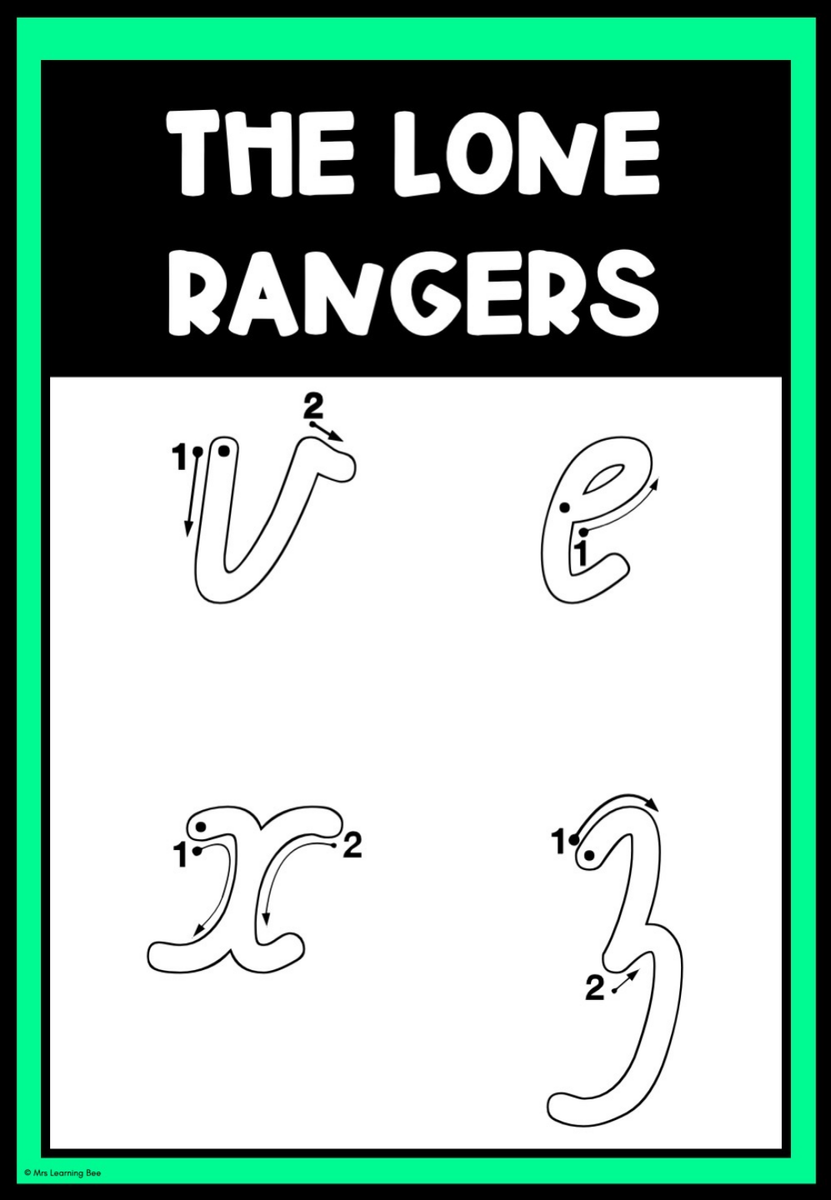





🔢 Maths
We will be revisiting our learning on addition and subtraction to make sure students have a strong understanding of these concepts. We will review the key language, use materials to role-play addition and subtraction and practise representing these concepts with pictures and on ten frames. Students will also say number sentences aloud to match their representations.
What can you do at home?
• Use everyday opportunities for maths eg. Ask your child to help with small tasks like setting the table (How many forks? How many more do we need?).
•Play simple addition and subtraction games eg. Roll two dice and add the numbers together, or take one away.
•Practise adding or taking away with every day objects like fruit, toys or snacks (e.g., “You had 5 grapes, you ate 2, how many are left?”).
•Say number sentences aloud like, “3 and 2 makes 5” or “5 take away 2 is 3”
🌏 CBL - Change
In CBL, students will be reflecting on their learning by revisiting the questions they asked earlier and considering how much they now know about the history of Wonga Park.